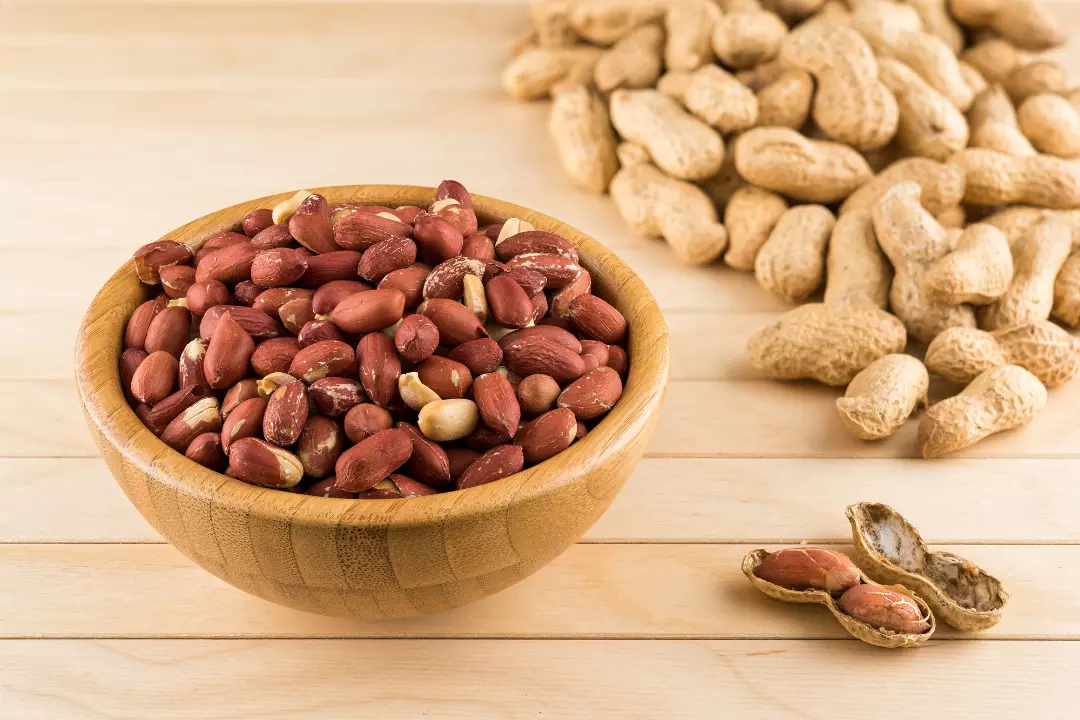Why is it beneficial to eat peanuts in winter? Know the right quantity and benefits

Many health problems can be controlled by consuming peanuts. It contains biotin, niacin, folate, manganese, vitamin E, thiamine, phosphorus and magnesium, which work to keep the body healthy. Especially, it should be consumed in the winter season because it will give you countless benefits. Let's know why it should be eaten in winter and how much to eat in a day.
Peanuts are beneficial in these problems:
Beneficial for skin: Peanuts contain high levels of antioxidants, which become even more active when boiled. The amount of genistein in it increases four times and the anti-oxidant called biochanin-A doubles. These reduce most of the damage caused by free radicals in the skin. It helps in reducing psoriasis and eczema. Peanuts contain multivitamins with anti-bacterial properties which are good for skin care.
Make bones strong: Peanuts are a good source of energy and provide your body with plenty of vitamins, minerals and antioxidants. The abundance of iron and calcium found in it plays an important role in transporting oxygen in the blood and strengthening the bones.
Beneficial in cholesterol: Consuming peanuts every day can reduce the risk of heart diseases. It contains healthy monounsaturated fat, which is a good source of vitamin B.
For the stomach: Antioxidants such as polyphenolics are present in high concentrations in peanuts. P-coumaric acid has the ability to reduce the risk of stomach cancer. This is done by reducing the production of carcinogenic nitrous amines.
What is the right time to eat peanuts?
The right time to eat peanuts is in the morning or during the day. Avoid eating it at dinnertime. You should eat one to two handfuls of peanuts in a day. Try not to consume more than 50 grams of peanuts.
